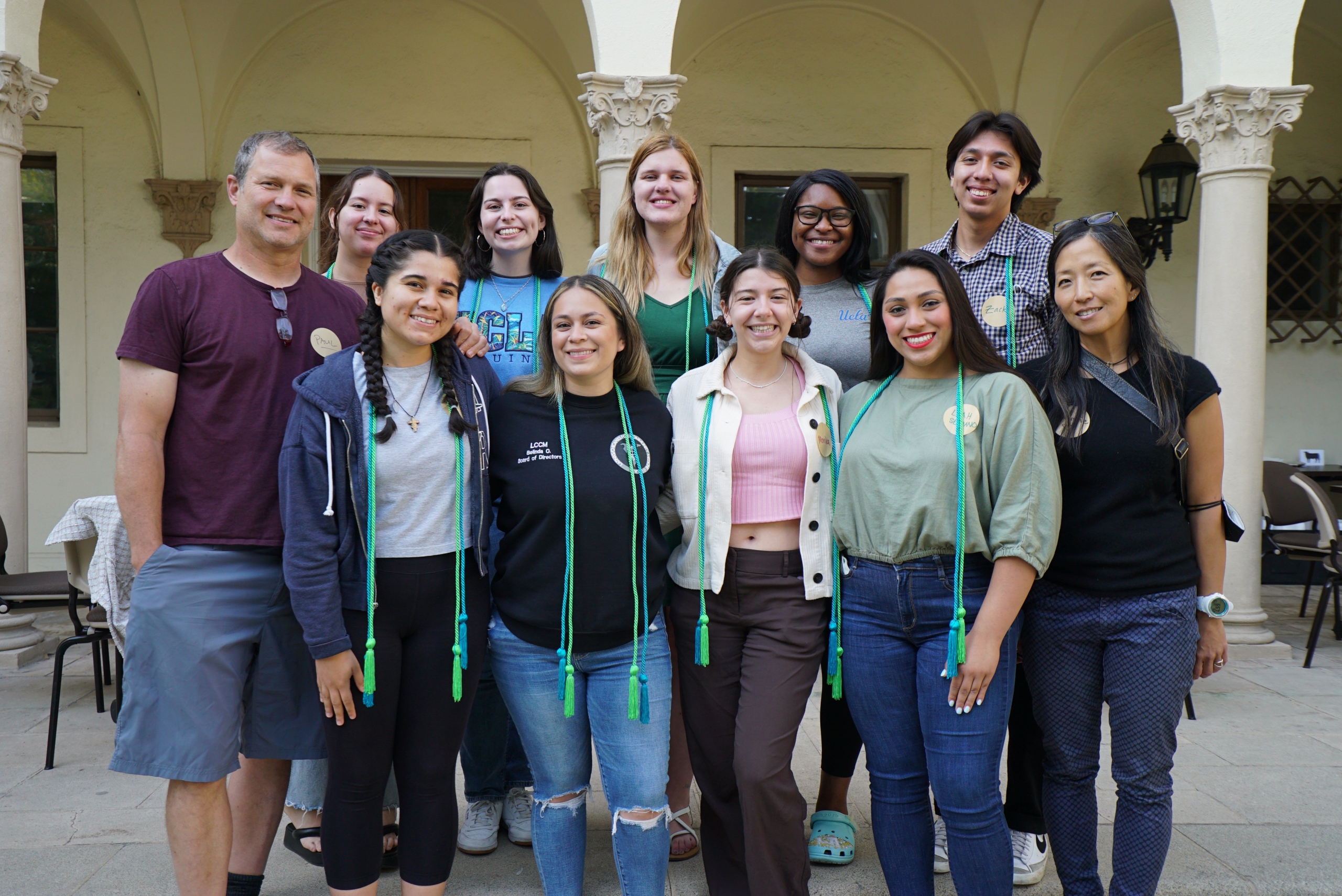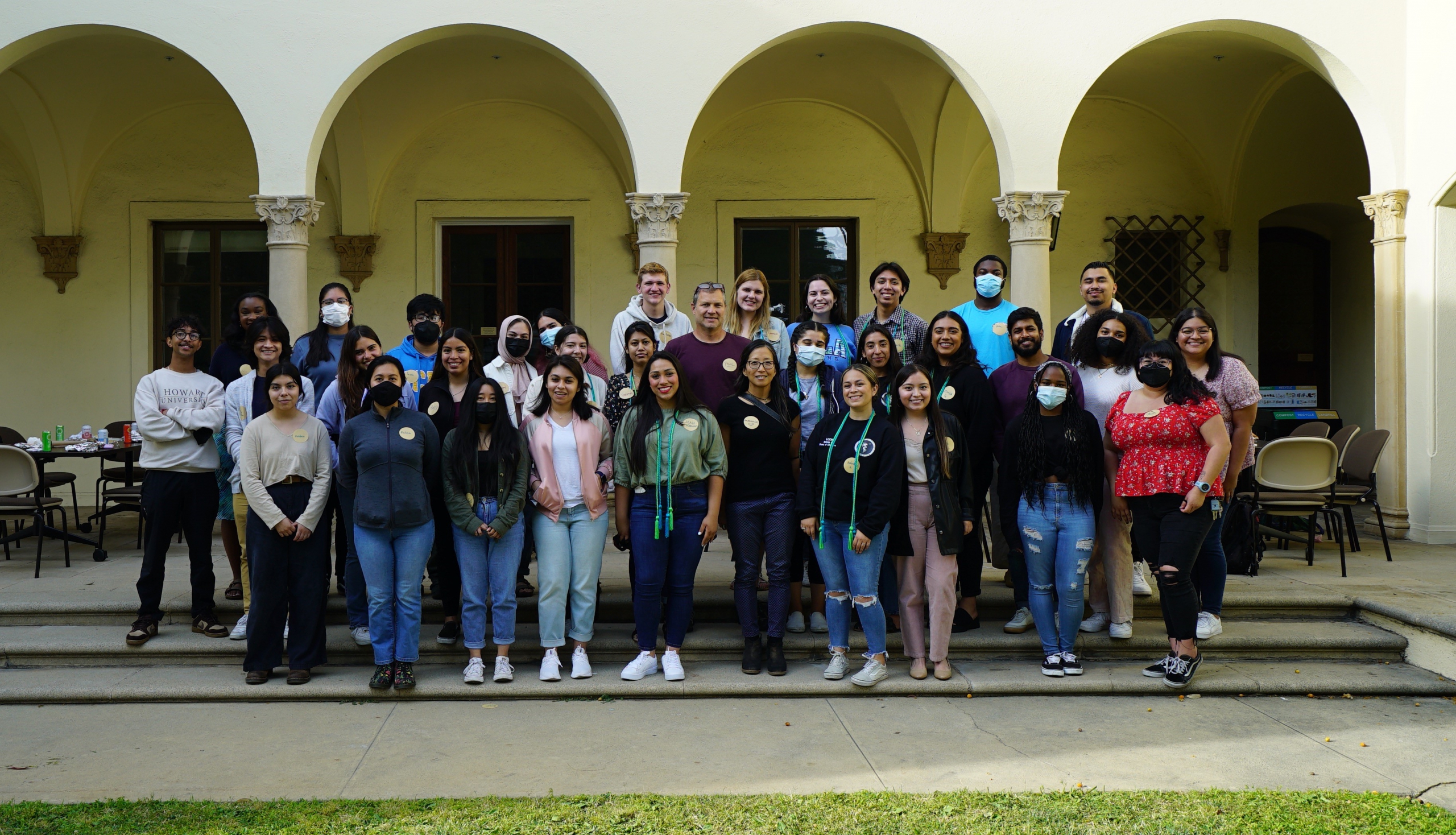A recent article published by the UCLA newsroom provided an overview of nine projects funded by the Racial and Social Justice Seed Grant Program. The grants are part of the “Rising to the Challenge” initiative launched in the wake of widespread calls for racial justice in 2020. Among the projects is “All Bruins Belong,” a CEA-initiated project that brings together CAT research staff with professors and students from across UCLA to interrogate the personal, situational, multifaceted and evolving nature of “belonging” for students from Underrepresented Racial Minority backgrounds.
Based on interviews conducted with students thus far, preliminary findings indicate sense of belonging is directly connected to whether or not students believe they deserve to be in a space and is rooted in academic preparedness. When students do not feel prepared, they often experience imposter syndrome. This imposter syndrome is both academic (and can be caused by the pace of a course or feelings of competitiveness, for example) and social (e.g., they cannot relate to the lifestyles valued in certain academic spaces). This indicates that inclusive and equitable teaching practices require instructors and administrators to consider how students come in and provide the necessary resources to succeed academically. Additionally, however, students have identified ways to cope with and overcome imposter syndrome. In particular, they note that emotional maturity and others who help impart both deservingness and preparedness create a sense of empowerment. Moreover, meaningful relationships with friends, advisors/mentors, student groups, and academic support programs (e.g., AAP and PEERS) help generate sense of belonging.
As part of the project’s goal to understand how all Bruins belong, the next phases of the project will include broadening the survey to include LGBTQ students, those with disabilities, students who grew up in foster care, or have had experiences with the criminal justice system, student veterans and students who are parents.






